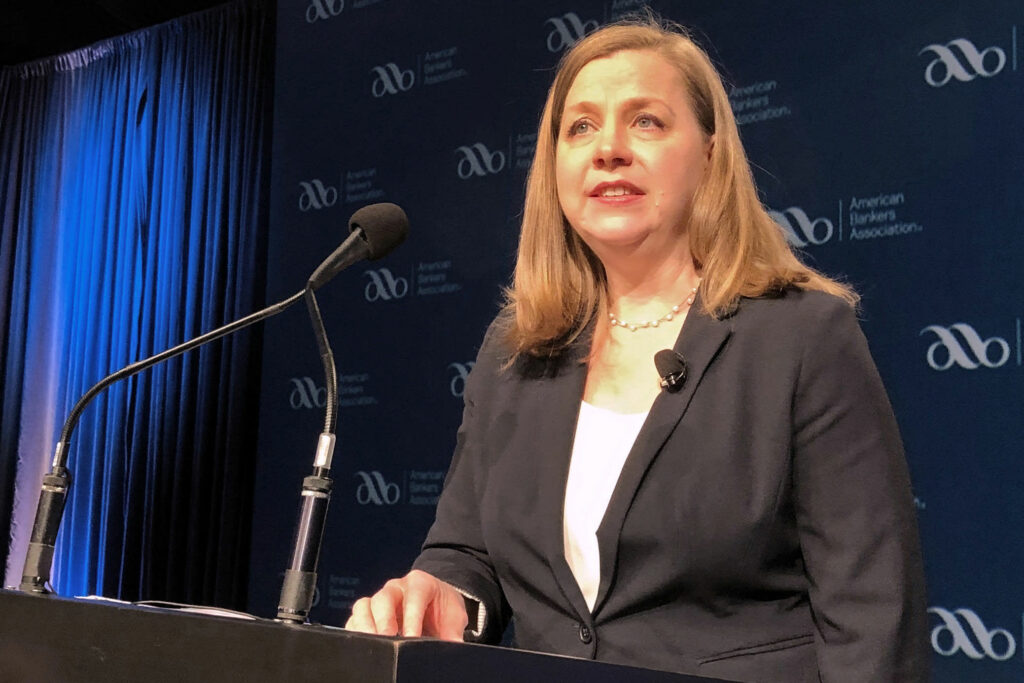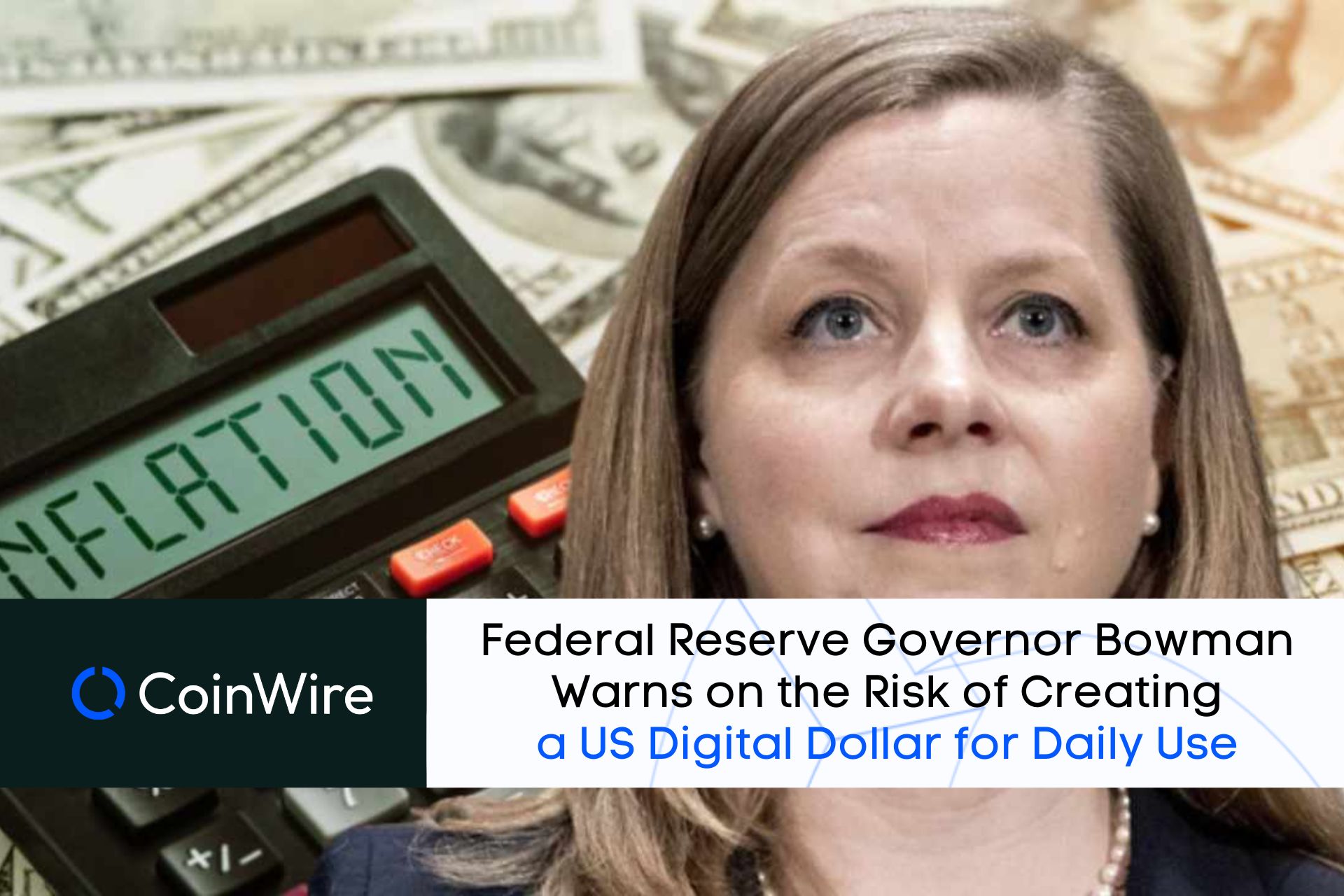The recent statement by Federal Reserve Governor Michelle Bowman regarding the potential risks of creating a US digital dollar for everyday Americans has ignited a critical debate in the financial sector. With the rapid advancement in technology and the increasing adoption of digital currencies worldwide, the prospect of a US digital dollar seems more plausible than ever before. However, Bowman’s concerns highlight the importance of carefully examining the potential consequences before making a decision that could significantly impact the nation’s financial ecosystem.

Risks of Creating a US Digital Dollar
One of the primary risks associated with the development of a US digital dollar is the potential for cyber threats and security breaches. As digital currencies become more prevalent, they also become susceptible to hacking and other cyber-attacks. This could lead to significant financial losses for everyday Americans and businesses, as well as undermine the overall security of the nation’s financial infrastructure.
Another significant concern is the potential impact of a US digital dollar on the traditional banking system. The introduction of a digital currency could lead to a shift in deposits from commercial banks to the Federal Reserve, resulting in a potential decrease in the lending and investment capabilities of these banks. This, in turn, could negatively impact the economy by stifering economic growth and job creation. Furthermore, the implications of a digital dollar on monetary policy are uncertain, as it may complicate the implementation of monetary policy tools, such as interest rates and reserve requirements.
The Adoption of Digital Currency in the US

The potential benefits of a US digital dollar, such as increased efficiency, lower transaction costs, and improved financial inclusion, cannot be ignored. The adoption of a digital currency could provide easier access to financial services for underbanked and unbanked populations, as well as promote financial literacy and consumer protection. Additionally, a digital dollar could facilitate faster and more secure cross-border transactions, enhancing the overall efficiency of the global financial system.
However, it is essential to weigh these benefits against the potential risks and unintended consequences of introducing a digital currency for everyday Americans. The potential threats to cybersecurity, privacy, and the stability of the traditional banking system, as well as the uncertain implications for monetary policy, must be carefully considered before taking any definitive steps toward the development of a US digital dollar.
In conclusion, the statement by Federal Reserve Governor Michelle Bowman serves as a reminder of the complex nature of the digital currency debate. As the world continues to embrace digital currencies and explore their potential benefits, it is crucial for policymakers to proceed with caution and thoroughly examine the potential risks associated with the development of a US digital dollar.






